Research in Lisbon is worth it
Challenging Projects
In the field of Science, Portugal has been taking on a greater role at international level in recent years. By way of example, the appointments of Portuguese scientists to the General Secretariat of the World Astronomical Union and the Presidency of the European Academy of Sciences stand out. Research projects with international prestige have been developed in the area of biomedical sciences, such as the “Fight against Malaria” project. Within the scope of physical sciences, the Information Physics and Quantum Technologies Group at Instituto Superior Técnico was awarded for its projects in quantum internet and fundamental science of quantum microwaves.
Also noteworthy is the world’s pioneering research into transparent electronics, namely thin film transistors based on oxide semiconductors.
The History of Science group of the 16th and 17th centuries was awarded by the European Research Council for developing a project on the History of Science in Portugal.
There are countless spaces for research and intervention in different areas of knowledge open to the curiosity of researchers who accept the challenge of developing their activity in Lisbon.
Economy and Innovation
The city has a favorable environment for the transfer of knowledge from academia to companies due to the existence of a dynamic and diverse entrepreneurial ecosystem made up of incubators, startups, accelerators, companies, fablabs and creative hubs that are very receptive to the contributions of science.
In the Lisbon region there is a clear focus on knowledge but also on innovation. The University of Lisbon stands out in first place with 27.5 registered patents and the Universidade Nova de Lisboa in 8th place with 8.3 patents. 1 .
The main State laboratories based in Lisbon, such as the Portuguese Institute of the Sea and Atmosphere, the National Civil Engineering Laboratory, the National Energy and Geology Laboratory, or the Hydrographic Institute, focus on applied research in the fields of natural sciences, engineering and technologies. These laboratories include several foreign researchers in their teams.
1 Consumer Guidance Institute Portugal, Junho 2021 / https://www.cgip.pt/awards/lideres-inovacao-portugueses-2022
Research and Development
More than a third of the country’s research centers are located in Lisbon, with emphasis on those focused on the arts and humanities, social sciences, engineering and exact sciences. In the field of life sciences, the Champalimaud Foundation and the Gulbenkian Science Institute stand out.
In the Lisbon Region, investment in research and development is significant compared to the national average. Around 43% of total expenditure on R&D and 1.4% of researchers are concentrated in this region. There are also 3 relevant scientific and technological parks (Lispolis, Taguspark and Madanpark) (2).
Lisbon employs around 14.6 researchers per thousand assets, a figure higher than the national average (10.3/thousand assets). In the European ranking of researchers, it occupies 7th place with 11.3 researchers per thousand active employees. (3).
2. DGEEC/ may 2022
3. Eurostat | OCDE | Entidades Nacionais, Eurostat | Institutos Nacionais de Estatística, PORDATA/2021
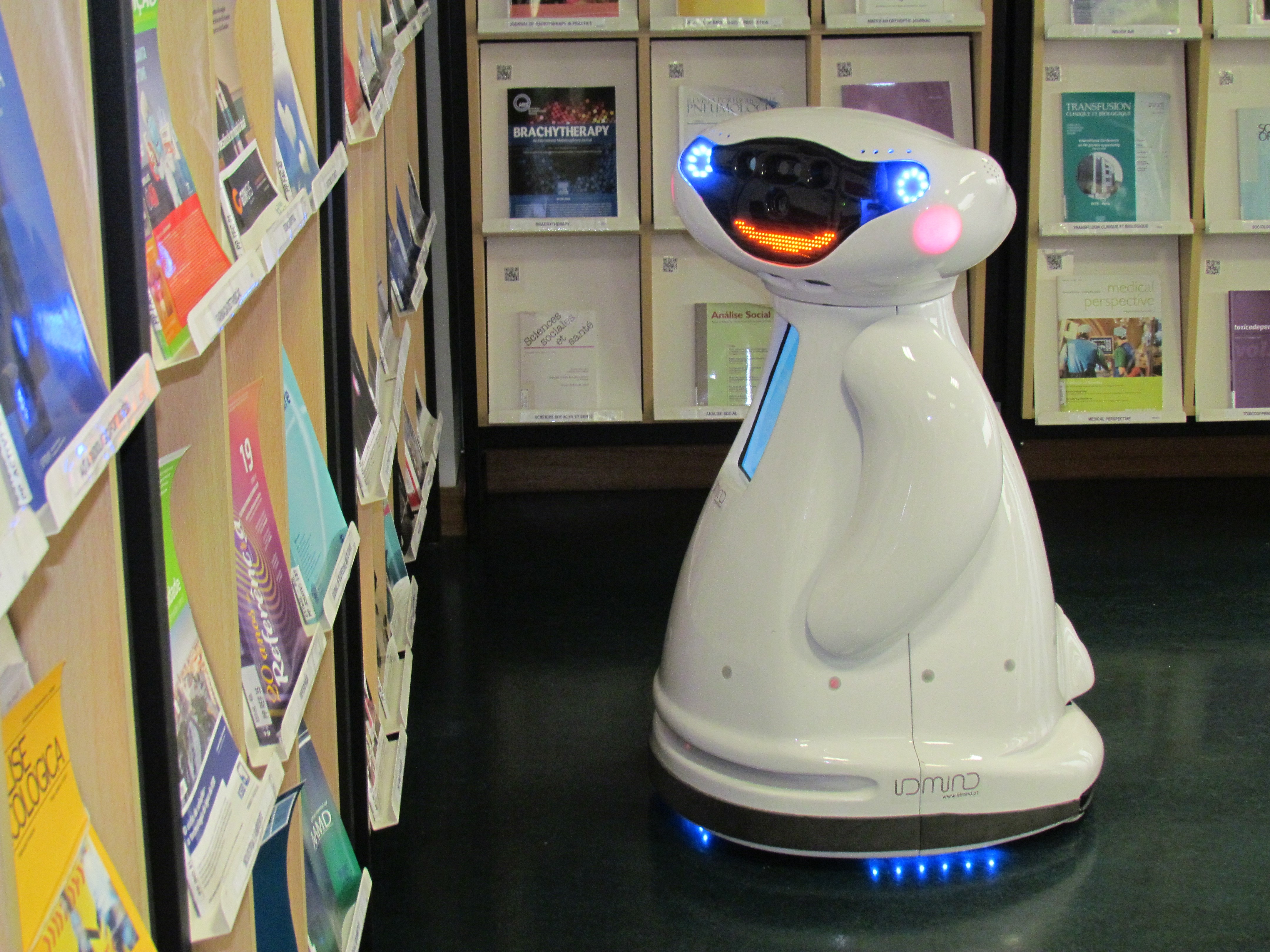
Cooperative Work Environment
In Lisbon there is a vast network of public and private research centers and laboratories where stimulating projects can be developed, with scientific team leaders from the most diverse areas of knowledge.
Most research centers are characterized by having a very informal working environment, with a strong international and multicultural component. In laboratories there is an environment where information and results are shared between different teams, generating potential for significant scientific and technological advances.
The excellence of work teams contributes to enriching the scientific and permanent innovation environment.

Excellence Research
The Lisbon Region has an excellent research and development ecosystem, with around 150 Research Centres, 19 Associated Laboratories, 6 Collaborative Laboratories and 3 Clinical Academic Centres. Several R&D centers are part of large consortia (associated laboratories), whose mission is to respond to public policies in the field of science.
Also noteworthy are the collaborative laboratories (non-profit private associations or companies), whose objective is to promote the development of internationally relevant research and innovation projects, thus contributing to the promotion and creation of new highly qualified and competitive jobs.
Finally, the Clinical Academic Centres, aim to support the promotion and cohesion of research and development activities, innovation and cooperation between the various health, research and teaching institutions.
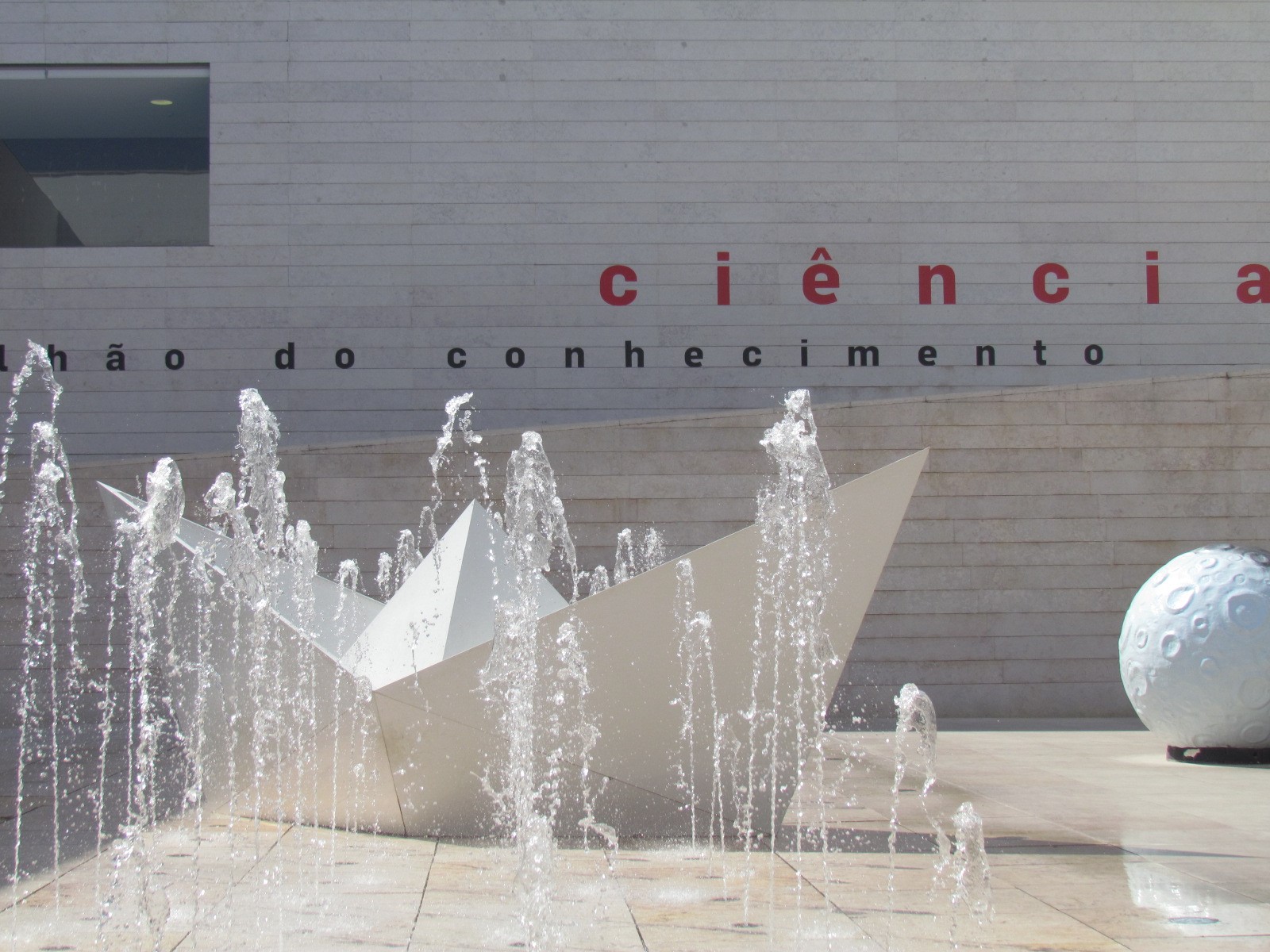
University Education
Lisbon not only has a diverse range of research centers but also a network of highly qualified public and private universities and institutes with a great capacity to attract foreign students. The two largest Public Universities in the city, the University of Lisbon and the Universidade Nova de Lisboa are positioned in the 2022/23 ranking of the 1000 main educational institutions worldwide, respectively in 200th and 518th place (4).
Around 40% of the population residing in the Lisbon region has higher education qualifications. This value is significantly higher than the national average (29.8%) (5).
We highlight Universidade Nova’s performance in relation to the United Nations Sustainable Development Goals (SDGs), first place nationally in relation to Gender Equality and in position 67 worldwide. (6).
4. Centro para os Rankings Universitários Mundiais (CWUR).
5. INE, I.P. , Anuário Estatístico Edição 2021
6. The University Impact Rankings

Environment & Culture
Lisbon is a city with a human scale in which it is still possible to establish close social relationships with colleagues and neighbors or walk or cycle to work. In the city’s neighborhoods, alongside local commerce, there are leisure spaces for children, small cafes and even urban vegetable gardens.
The offer of cultural events such as theater, concerts, film cycles, opera and exhibitions is quite diverse and accessible, as is access to sporting equipment and events, particularly those related to the practice of water sports.
According to the European Commission report, Lisbon occupies second place in the general ranking of the group of cities in the XL category (between 500 thousand and one million inhabitants) that evaluates the performance of European cities in the areas of culture and creativity (7 ).
7. The Cultural and Creative Cities Monitor, 2022 Edition

Safety & Stability
Portugal is considered by Global Finance Magazine to be the 6th safest country in the world, taking into account indicators such as natural disasters, crime, terrorism and war (8).
In Lisbon, the likelihood of someone being subjected to physical confrontation because of their ethnic origin or religious conviction or being the target of violent crimes is low.
The city enjoys a climate of tranquility and security that is conducive to the development of innovation and creativity.
8. World Economic Forum, 2022 The Global Institute For Peace e Numbeo.com

Quality of Life
Very positive quality of life indicators stand out in Lisbon, such as safety or cost of living. Compared to other capitals, Lisbon is part of the top 50 cities with the best quality of life, ranking 38th – Mercer, Quality of living worldwide city rankings 2022.
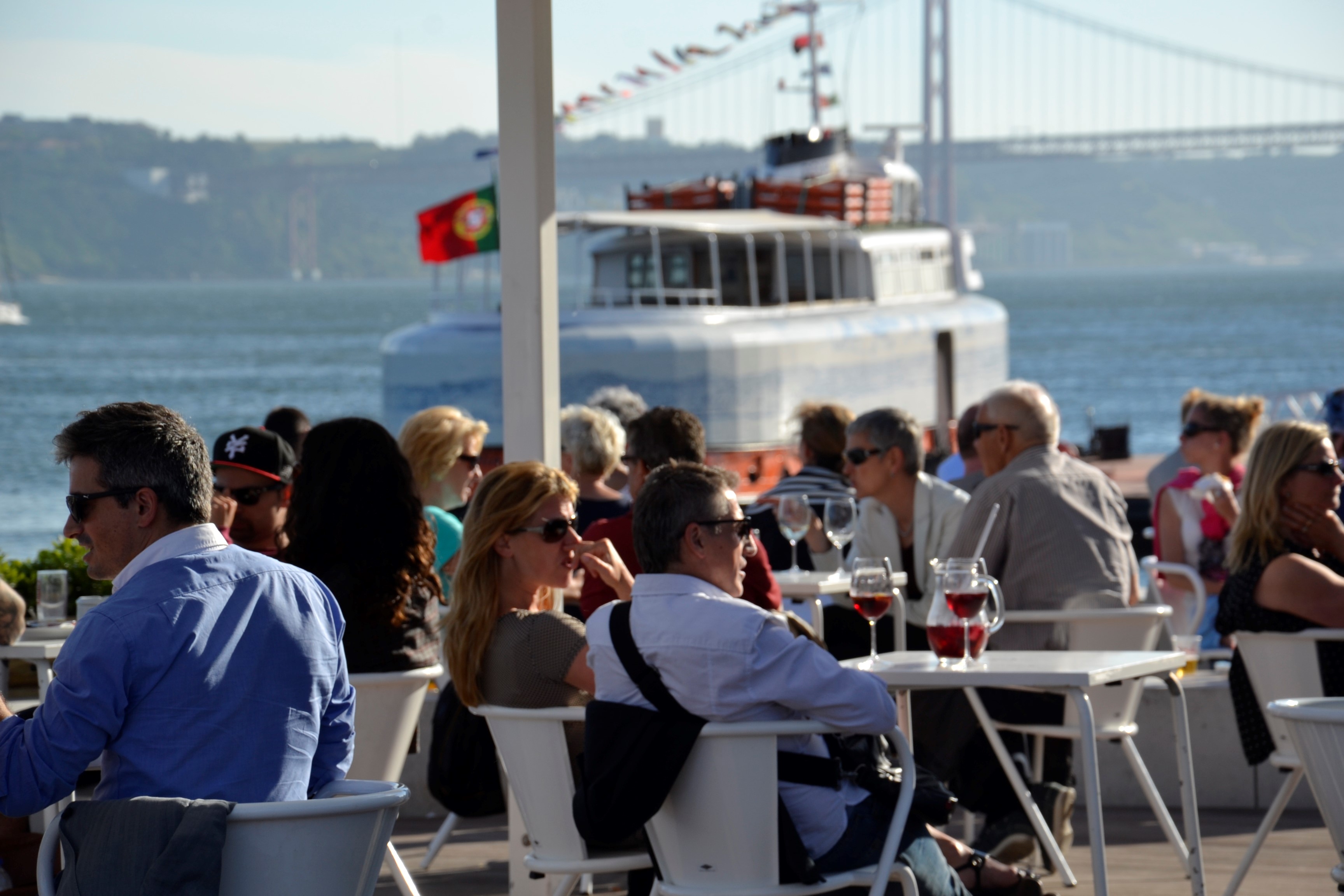
| Index | Lisbon | Berlin | Paris |
| Purchasing Power | Very Low | High | Moderate |
| Security | High | Moderate | Moderate |
| Health | High | High | High |
| Climate | Very High | Very High | Very High |
| Cost of living | Low | Moderate | Moderate |
| Relationship between property price and income | Very High | Moderate | Very High |
| Traffic commutation time | Low | Low | Moderate |
| Pollution | Low | Low | High |
| Quality of Life Index | Very High | Very High | High |
| 150,94 | 165,42 | 126,11 |
Fonte: numbeo.com (march 2024)
![csm_banner_AS-8892_7067c6b4d3[1]](https://researchinlisbon.pt/wp-content/uploads/2026/02/csm_banner_AS-8892_7067c6b4d31.jpg)
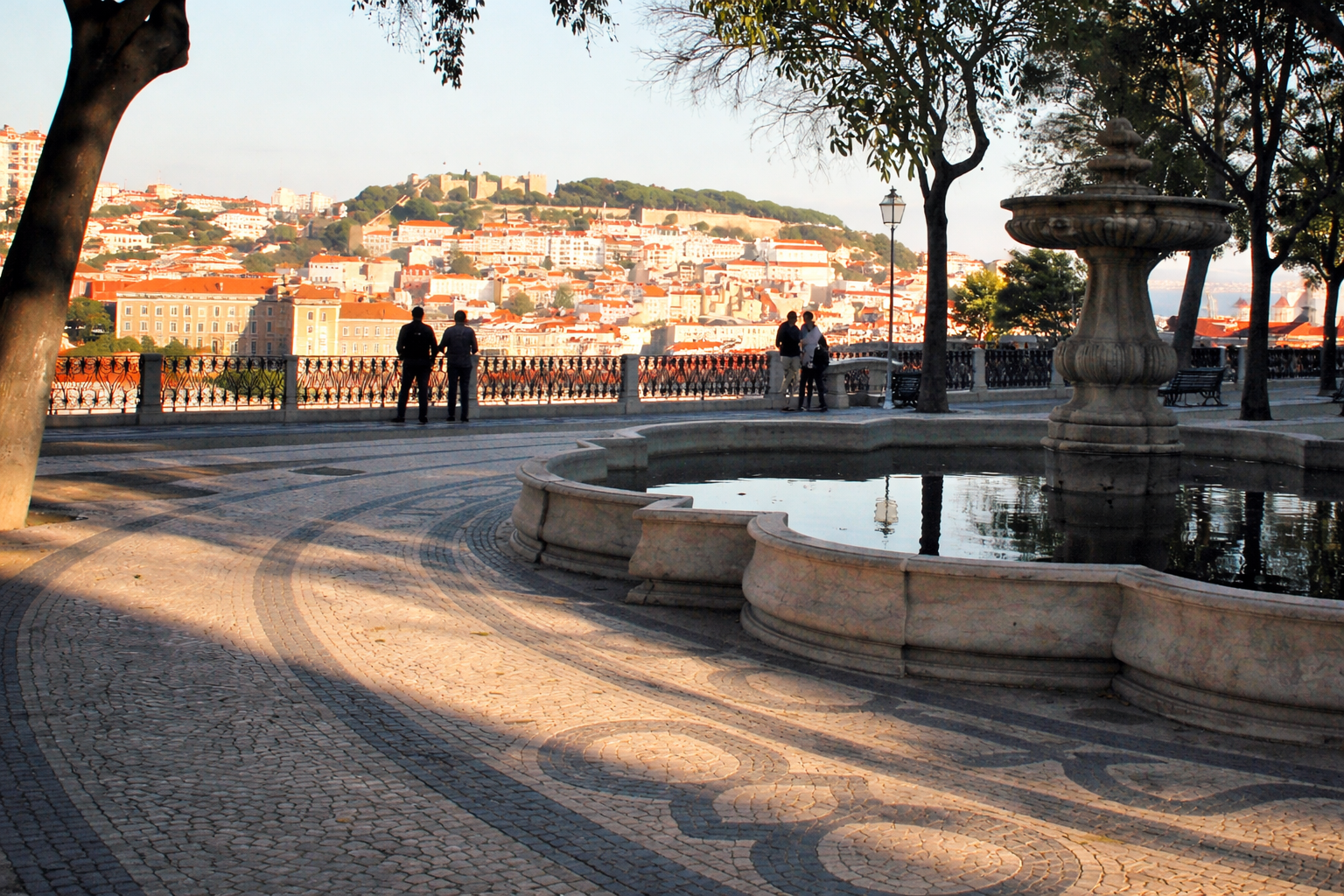

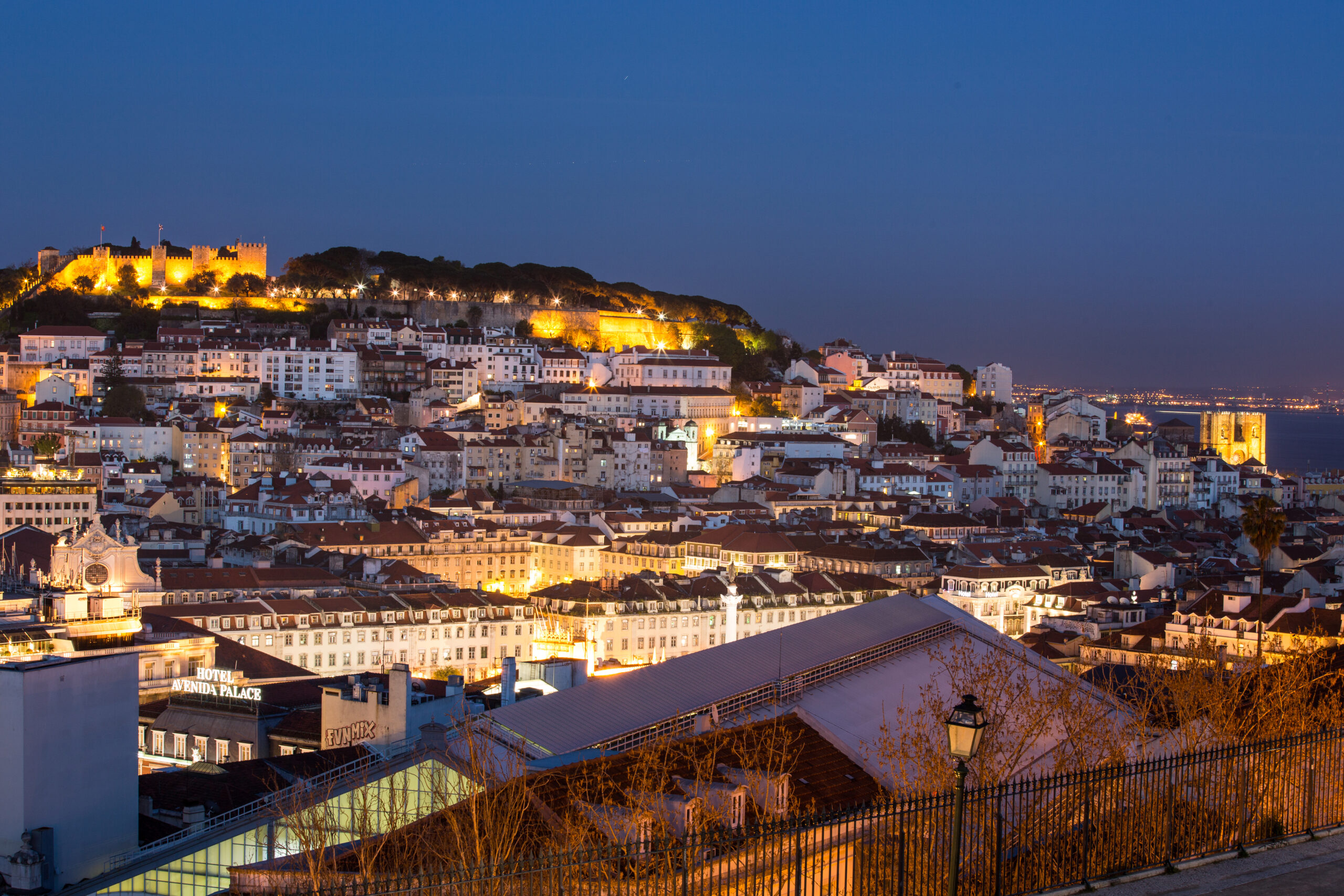
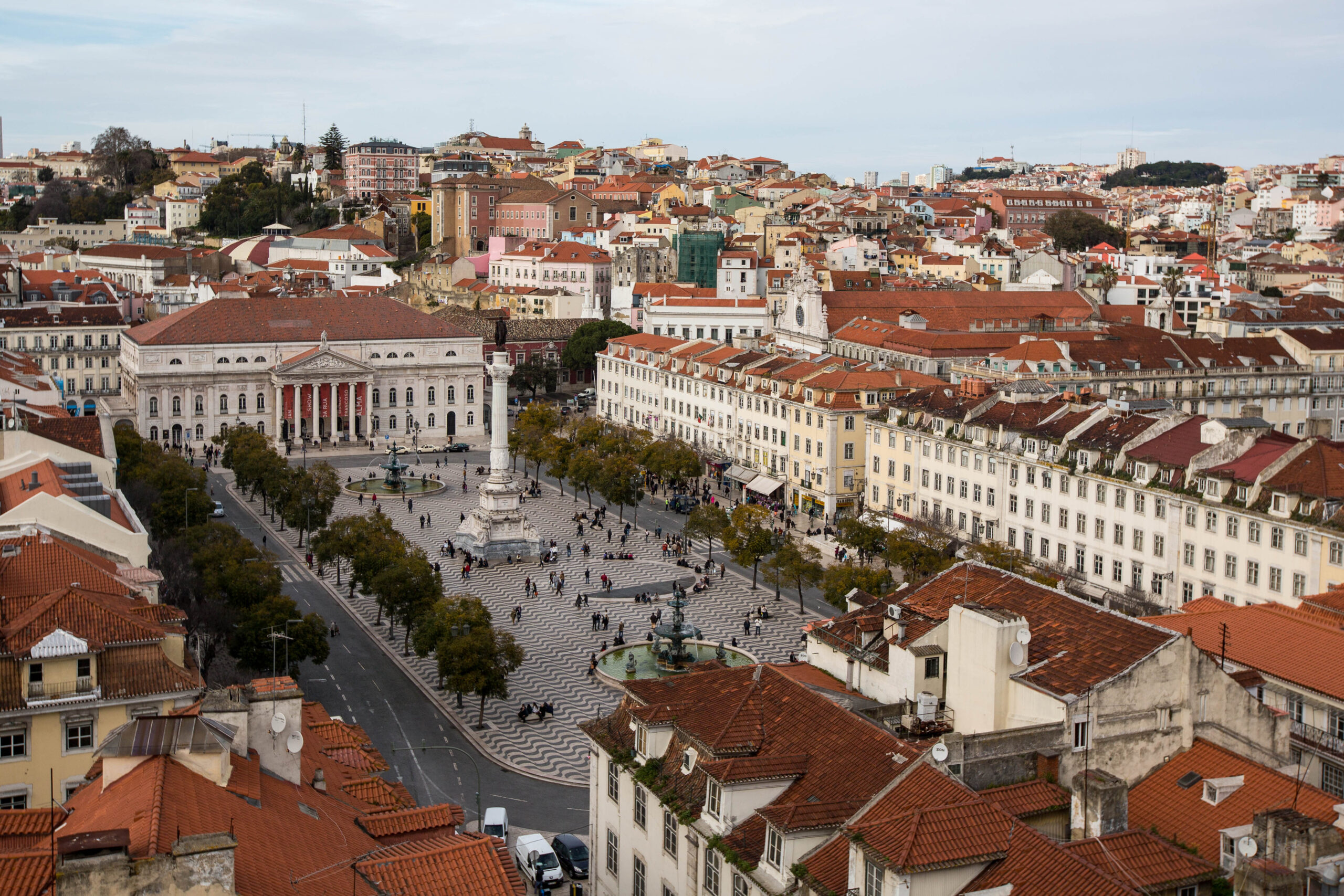
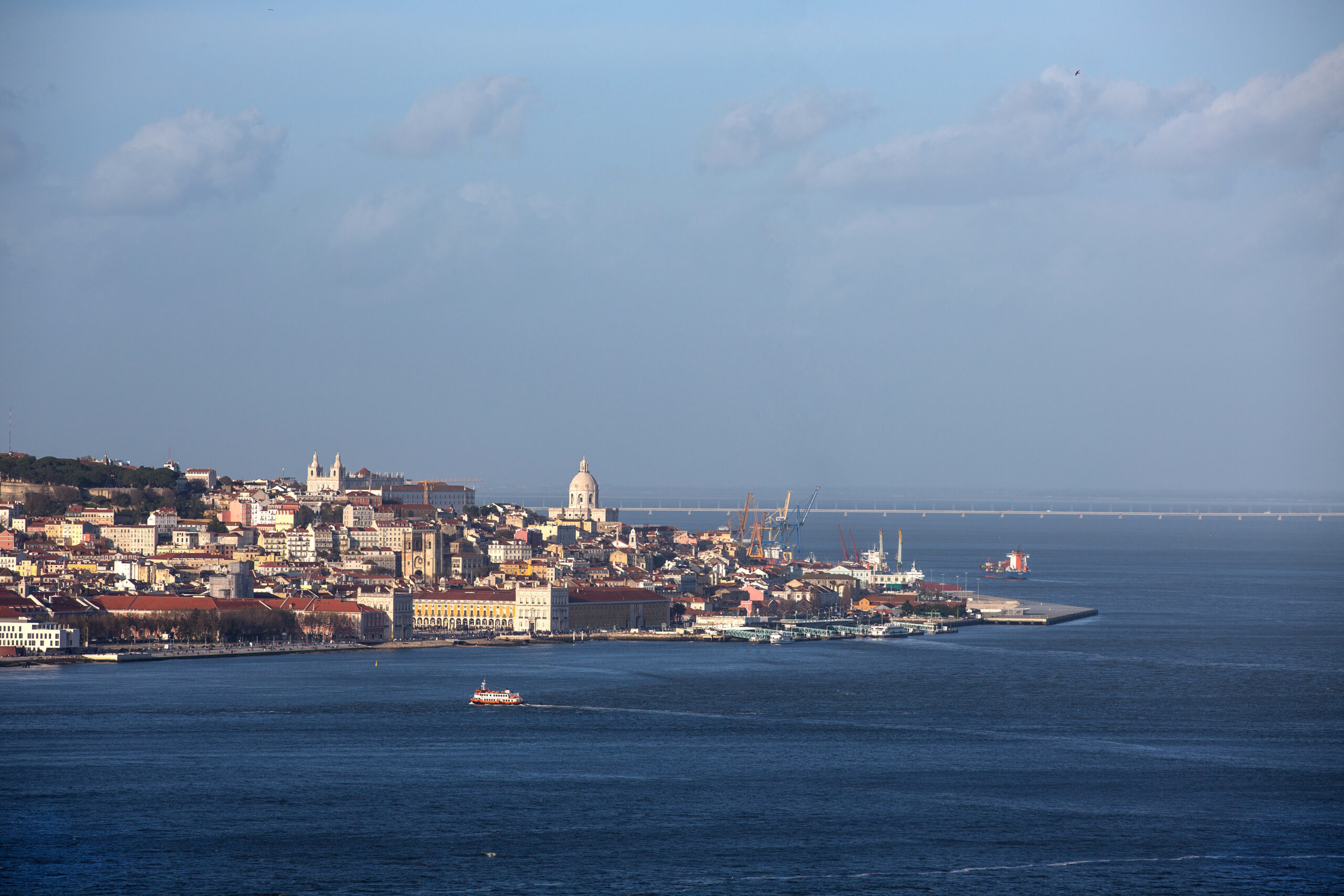
![City-River1_08[1]](https://researchinlisbon.pt/wp-content/uploads/2026/02/City-River1_081.jpg)

